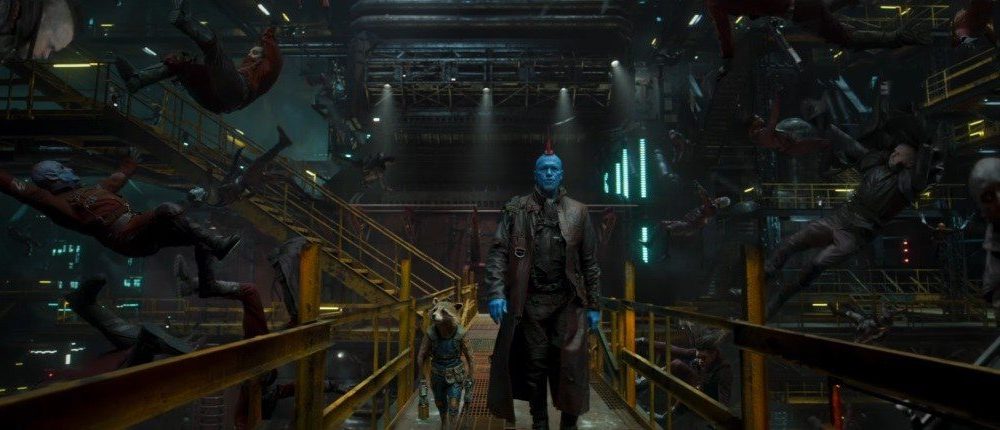
Wonder Woman: Whoa, They Did It!
Just like that, the glimmer of hope has grown in the DC Extended Universe, ‘Wonder Woman’ shattered a three-streak of, at best corny super hero movies, and at worst, a total misrepresentation of main characters’ “true” personifications, and the persistent frustration, and the – nope, not today. ‘Wonder Woman’ in a way reminds me of ‘Mad Max: Fury Road’, in the sense that, anyone can kick ass and it is not a big deal regardless of any tertiary traits that fall upon the characters outside of the narrative structure selected. If the story is tight, and all (or most) of the pieces fit together in the movie then who, the hell, cares?
I mean, the DC Extended Universe has a smoking gun in relation to the lackluster start of the series. ‘Wonder Woman’ has broken the mold; has shown tone and direction that can fit into the mold of the past three movies and be brought over to another member of the future Justice League. Really though, this is the best DC Warner Bros. movie since ‘The Dark Knight Rises’, and should be a kick in the pants to Warner Bros. regarding the future of the universe and whether or not bringing Zack Snyder back would be the best option, which, the obvious answer is no. He had his time making comic book adaptations in the late 2000’s in the form of ‘300’ and ‘Watchmen’, two movies that I enjoyed thoroughly, despite the inconsistencies manifested through adapting the mediums of comic books and films. It is time to take the universe in a different direction, and ‘Wonder Woman’ has cleared the way to this new path. Sure, it is too late to cancel ‘Justice League’ without causing a cataclysmic shift and hole in the universe, but, as soon as it is released, make the dynamic shift 20th Century Fox made when they decided to make ‘Deadpool’ and ‘Logan’ hard R rated movies that focused on their individual journeys rather than packaging the rest of the crew in a prolonged series tied into one another; Marvel pretty much has that locked in and perfected to a degree that cannot possibly be replicated without coming off as a duplication or knock-off.
Speaking of taking a cue from Marvel that has not panned out in their favor, the villains in this movie were sad, one-dimensional, and plodding; Ares was abysmal, as well as his cronies. The whole “Grrr, we are evil, let us make a super weapon that will wipe out the entire world because, EVIL!” nonsense was reminiscent of the mad scientist tropes that screams Blofeld from the beginning of the James Bond franchise. And when the recent trend of villains goes from the “ohhh noo I am captured, but am I really???” to “Oho you think I am the villain?? Well wait until midway through the second act and you will see who the REAL villain is” is like trading a wrap for a burrito, both are different but really it is food in a thin, circular piece of bread; and that is what I think of twists like these, paper thin, contrived, and predictable as soon as the floodgates of obviousness open up. The red-herring is not a main dish, but that slight tang of lemon sliver that belongs in a Sazerac, not enough to overpower the rest of the drink but enough to add that little bit of tang with rye, absinthe, and bitters.
In conclusion, for many reasons, ‘Wonder Woman’ is a major step in the right direction; a landmark in terms of superhero movies and a milestone regarding where action movies started and where they will go from today. Superhero movies may be the flavor of the time, but with the previous addition of ‘Fury Road’, the continued success of the ‘Furious’ franchise, and the retro-stylings of ‘John Wick’, we are in a time where action movies can take many different roads in terms of settings, themes, and mixing genres, still kick ass, as long as the process comes off as organic and not forced in a way that comes off as self-aggrandizing, pompous, or cheesy, unless it is ‘Kung Fury’, with a wink in its eye knowing that the tropes are being played as meta. I digress, DCEU has a template for the direction it should go in lest it falls into the trap of hubris.







